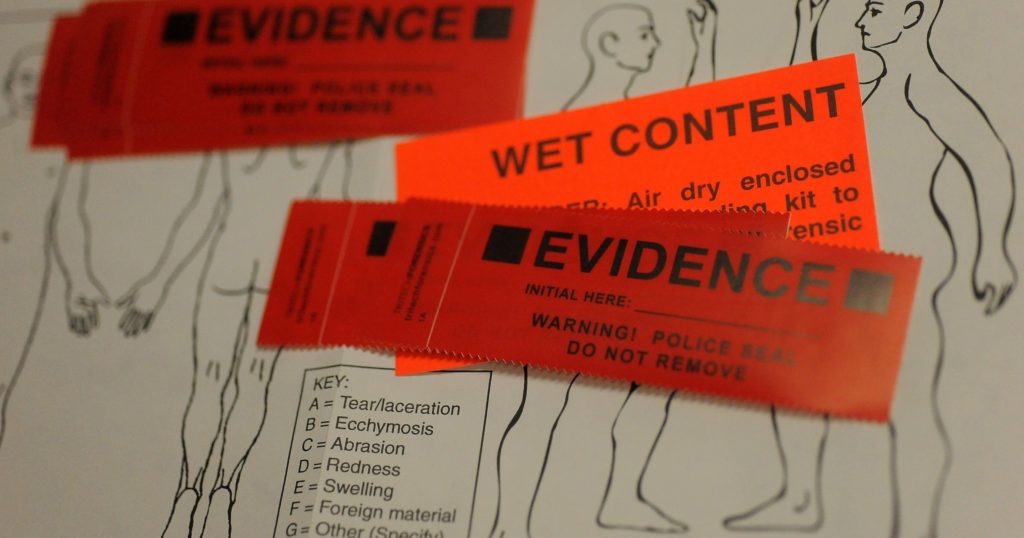Twelve years is a long time. In 2007, I published a book entitled Rape: A History from the 1860s to the Present with Virago Press. The preface begins with the sentence “On or about the 30 February 2005, I became enraged…. On that day in February, I read a Home Office report that revealed that only five per cent of rapes reported to the police in the UK ever end in a conviction”. My preface ended with the hope of creating a future in which sexual violence is no longer inevitable.
Today, there is good reason to despair. Despite the fact that more women are reporting sexual abuse to the police, rape prosecutions in England and Wales have fallen to their lowest rate in more than five years. The UK has the highest reported rate of rapes in Europe (62 per 100,00 people) compared with 42 reported rapes for every 100,000 US residents. Conviction rates remain abysmally low.
These statistics convinced me that it was time to return to studying sexual violence, abuse, and other harms. This time, I wanted to get a team of people from diverse disciplines in academia, the creative arts, and public engagement to collaborate with me. The biomedical research charity, the Wellcome Trust, with its dedication to improving health globally, was the logical place to turn. They agreed that sexual violence is one of the world’s major health challenges. They recognised that understanding the history of sexual violence as well as its present manifestations is crucial to creating the better futures that I had dreamed about 12 years previously. They are supporting this 5-year project entitled “Sexual Violence, Medicine, and Psychiatry”.

At the heart of this project is the role of medical professionals, including police doctors, forensic medical examiners, GPs, gynaecologists, surgeons, nurses, midwives, prison surgeons, psychiatrists, and therapists. These professionals play a central role in the examination, treatment, and counselling of victims of sexual violence. Their scrutiny of the victims’ bodies for signs of non-consensual sex is decisive in determining whether or not the police take the assault seriously and whether legal proceedings are instigated. Physicians also play significant roles in determining whether an accused person is subsequently convicted, punished, or treated. Women, men, and children who are sexually abused depend on the medical and psychiatric professionals for physical and emotional care. As members of the “caring professions”, they are in a unique position to help victims/survivors.